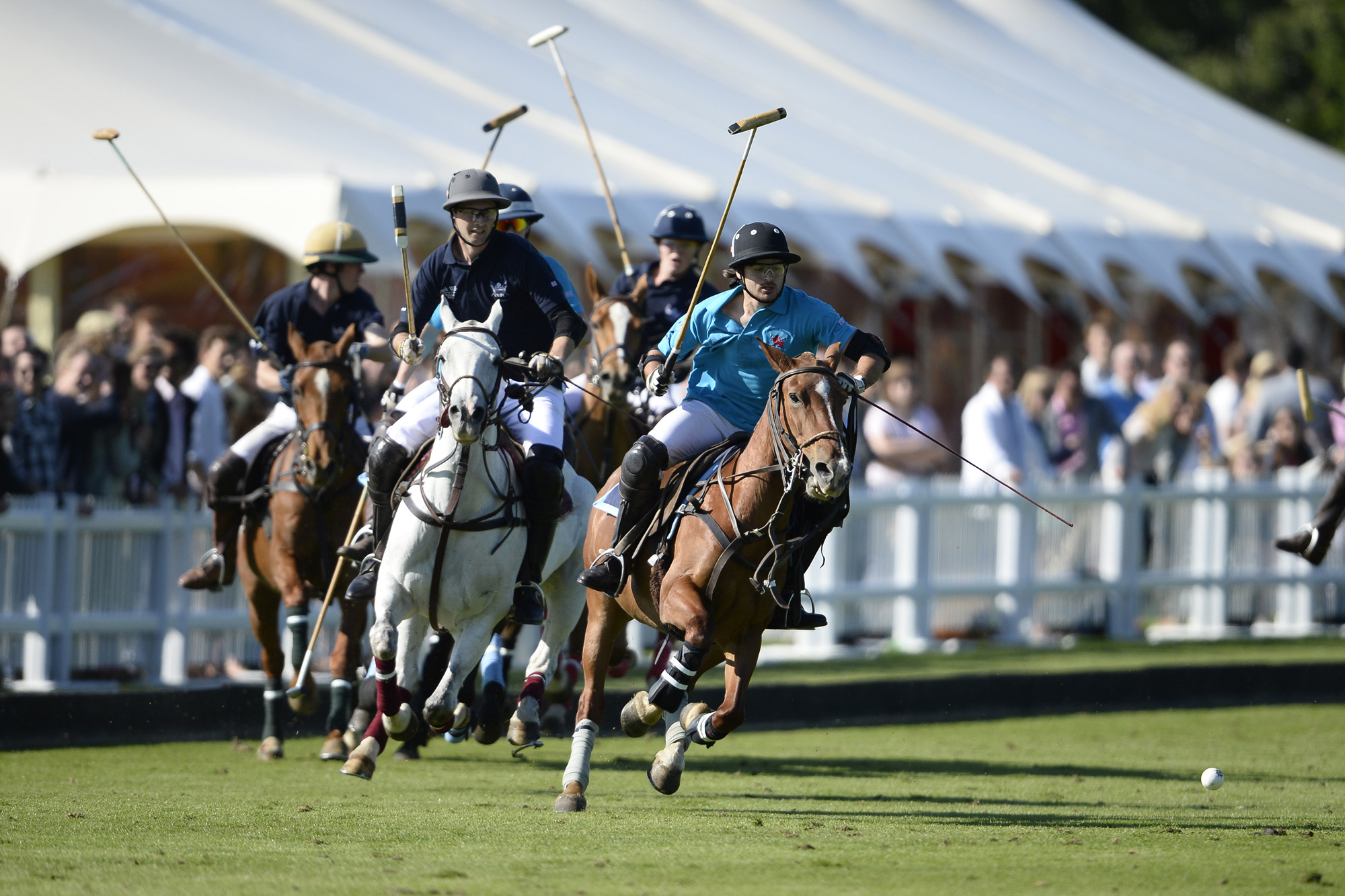How to play polo
- Introduction to Polo
- Understanding Polo Rules: Part 1
- Understanding Polo Rules: Part 2
Understanding Polo Rules: Part 1
Penalty Rule Overview in Polo

Equestrian team sport.
Polo, like any other sport, has a set of rules and regulations that govern the game. One of the most critical aspects of these rules is the penalty system. Penalties in Polo are designed to ensure fair play and maintain the safety of both the players and the horses. This article provides an overview of the penalty rules in Polo.
Understanding the Different Types of Fouls in Polo
In Polo, a foul is generally committed when a player violates the 'Right of Way' or endangers the safety of another player or horse. The 'Right of Way' is a path created by the ball when it is hit and travels in a specific direction. Any player who has the 'Right of Way' must not be hindered or crossed by another player.
There are several types of fouls in Polo, including:
-
Crossing the 'Right of Way': This occurs when a player crosses in front of another player who has the 'Right of Way'. This is considered one of the most dangerous fouls as it can lead to collisions.
-
Riding into an opponent: A player cannot ride into an opponent at an angle that is dangerous or causes the opponent to pull out of a shot for fear of a collision.
-
Hooking above the shoulder: While players can hook an opponent's mallet to prevent them from hitting the ball, they cannot do so if the mallet is above the height of the shoulder.
-
Hitting the horse: Striking an opponent's horse with the mallet is strictly prohibited.
The Penalty System and How it Works
When a foul is committed, the umpires blow a whistle to stop the play. The severity and location of the foul determine the penalty awarded. The penalties in Polo are numbered from 1 to 10, with Penalty 1 being the least severe and Penalty 10 the most severe.
Here's a brief overview of some of the penalties:
- Penalty 1: A goal is awarded to the opposing team, and the team that committed the foul must restart the game from the middle of the field.
- Penalty 2: A free hit towards the goal from 30 yards out, with the defending team only able to defend from behind the goal line.
- Penalty 3: A free hit from 40 yards out, with no defenders allowed in front of the goal.
- Penalty 4: A free hit from 60 yards out, with the defending team behind the 30-yard line.
- Penalty 5a and 5b: A free hit from the spot where the foul occurred or from the center of the field, respectively.
- Penalty 10: The most severe penalty, where a player is sent off the field for the remainder of the game.
Common Penalties and Their Consequences
The most common penalties in Polo are for crossing the 'Right of Way' and dangerous riding. These fouls not only disrupt the flow of the game but also pose a significant risk to the safety of the players and horses. The consequences of these penalties are usually free hits awarded to the opposing team, but in severe cases, players can be sent off the field.
Understanding the penalty rules in Polo is crucial for both players and spectators. It not only helps maintain the integrity of the game but also ensures that the sport is played in a safe and fair environment.